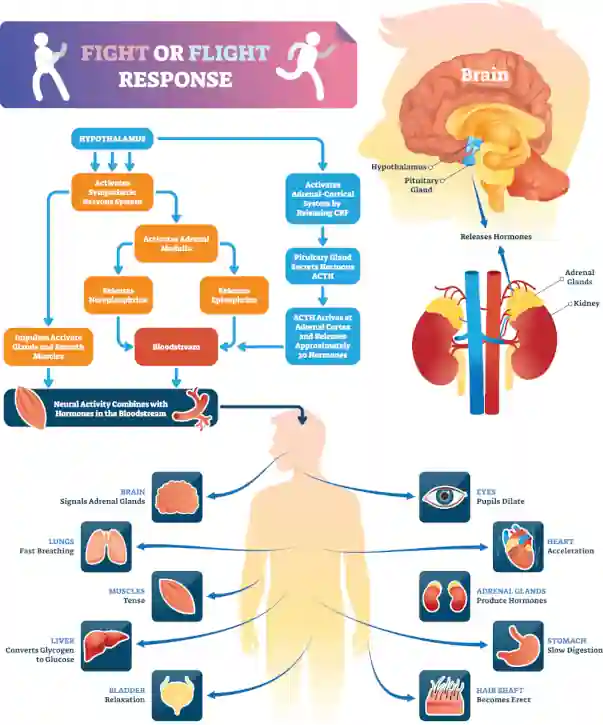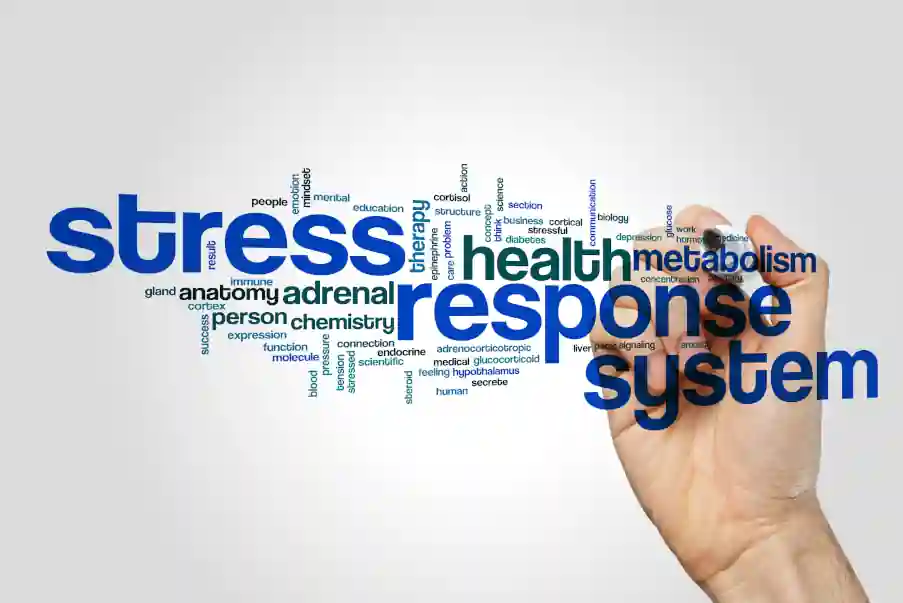Introducing Mind-Body Medicine
It seemed to me most apt to kick off this mind-body blog by introducing our central premise – the oneness of the mind (psyche) and body (soma) as it relates to health and healing. The term psychosomatic, though having a precise scientific meaning, is sometimes associated with negative beliefs such as: disease resulting from neurotic behaviour, or maybe an imagined ailment which exists only in your mind. Nothing could be further from the truth
The term embraces psycho (mind) and soma (body) and refers to the observation that there is an intimate relationship between mind-body where the condition of one is reflected in the other.
Some “conditions” are considered especially prone to being aggravated by psychological stress: the skin disorder psoriasis, for instance, or irritable bowel syndrome and high blood pressure. Psychosomatic or “functional” disorders tend to be classified as such when medicine has not yet found a definitive physical cause. In fact all healthy and dysfunctional states co-exist in the psyche and soma in a bidirectional way, and all states of health and disease may, in this sense, be considered psycho-somatic
Body-Mind Connection
While it’s not difficult to understand how physical illness and pain can impact you emotionally you might ask “how does a mental state aggravate your gut or increase your blood pressure?” To answer this we need to look at how the body orchestrates the myriad activities that make up our physiology
The human body is regulated by three great interconnected and intercommunicating systems
- The nervous system – processes data and regulates bodily functions on a moment to moment basis through electrical impulses travelling along nerves
- The endocrine system – does this over days, weeks or months through circulating messengers we call hormones
- Finally the immune system distinguishes between self from other to keep us safe from external and internal invaders, including bacteria, viruses and cells which have undergone malignant change
Autonomic Nervous System
The nervous system can be (artificially) divided into sub-systems. Of interest to psychosomatics is the division into
- somatic (SNS) – associated with movement and sensation, and
- autonomic (ANS) – associated with internal functions such as digestion, breathing, blood pressure and, crucially, inflammation
The ANS itself has two arms: the
- Sympathetic system (SNS) – responding to danger by preparing the body for fight or flight
SNS activity is associated with stress and is pro-inflammatory. Though essential for our survival, persistent activation is associated with some of the harmful effects of stress and inflammation
- Parasympathetic system (PSNS) – associated with two distinct responses:
- freezing reactions (feigning death) to a situation perieved as a major threat to survival – this is the phylogenetically oldest response to threat, associated with overwhelm and thought to be the basis of post-traumatic stress
- rest, digest and social interactivity in response to sensing safety – this is the phylogenetically most recent adaptation, unique to mammals.
Fight, Flight And The Stress Response
The World Health Organization defines stress as
“… a state of worry or mental tension caused by a difficult situation. Stress is a natural human response that prompts us to address challenges and threats in our lives. Everyone experiences stress to some degree…”
Coined by the Austrian-Canadian Dr Hans Selye in 1936, stress refers to both the experience and the collection of bodily responses to a challenge. Dr Selye found that the body mounts a stereotypical response which he called the General Adaptation Syndrome (GAS) in response to any challenge
The GAS starts with an individual’s appraisal of a situation as challenging, and is followed by a cascade of hormonal and neural responses culminating in the release of cortisol and adrenaline from the adrenals. These substances prepare the body for action, quickening the heart, raising the blood pressure and diverting blood from the vital organs to the muscles. They also inhibit digestive activity, and some immune responses, while at the same time up-regulating inflammation

Fight-And-Flight Is Pro-Inflammatory
Inflammation is one of the most basic activities carried out by the immune system to protect us from disease. While inflammation is protective it can, when excessive, prolonged (chronic) or inappropriate (eg auto-immunity) cause us harm
Harmful effects from inflammation include
- Bronchospasm in asthma
- Bowel inflammation with pain and impaired absorption
- Arthritis with joint swelling with pain
- Blood vessel damage with deposition of fibro-fatty plaques (atheroma) causing obstruction
- A range of mental health issues including depression
The connectivity between physical and mental health is perfectly illustrated in a recent literature review ( Viktoriya Maydych, 2019) which concludes that
“current research supports a direct link between stress, inflammation and reduced emotional attention, the triad itself being a predictor of depression”
Rest And Digest Is Anti-Inflammatory
Rest-and-digest responses are the province of the parasympathetic nervous system and are associated with feelings of safety. Its effect is anti-inflammatory, helping the body heal, repair and replenish its resources
The Vagus Nerve is the principle carrier of the signals orchestrating visceral rest and digest activity. You can learn more about the Vagus in my article Yoga And Vagus Nerve Activation
The Vagus Nerve has been shown to actively inhibit key inflammatory mediators through its action on the spleen, an immune – and therefore inflammation – regulatory organ
I hope this briefest of introductions into the mid-body polarity has served to illustrate how a strict division of the two is at odds with the current evidence. Every action, and every experience impacts on the mind and body as one
Of necessity we are primed to detect danger, spurring us to react with appropriate action. If the danger signal doesn’t give way to safety, we remain in a state of hypervigilance and persistent arousal, with negative consequences for our physical as well as mental health.
By nurturing the feeling of safety and relaxation, mind-body disciplines such as yoga can help you tone down the perception and response to stress and let your system rest, reset and heal
We’ll be returning to and expanding on the topic of mind-body unity quite a lot in the oncoming posts. Meanwhile, relax, stay safe, and see you soon
Reference
The Interplay Between Stress, Inflammation, and Emotional Attention: Relevance for Depression. Viktoriya Maydych. Front Neurosci. 2019; 13: 384

